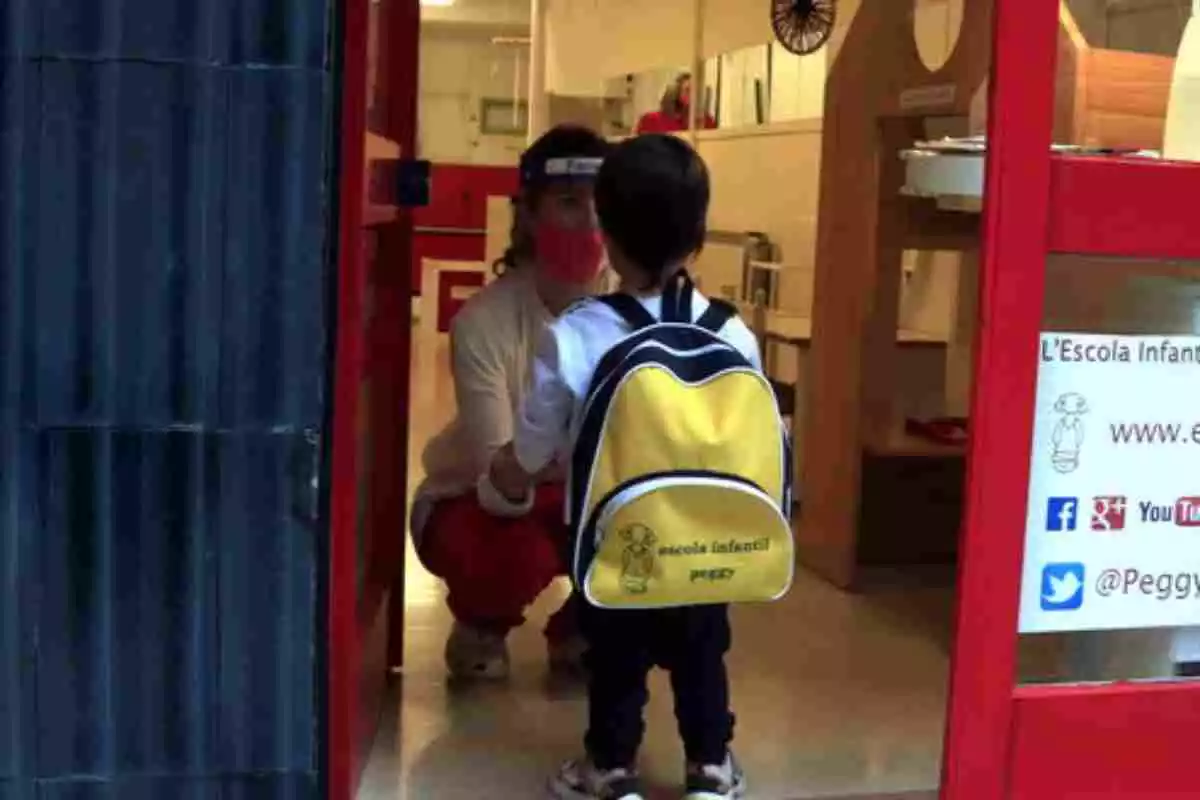
With the opening of some schools and with a view to the return to classes next school year, many parents are following the latest research on COVID-19 and how it may affect their children. The most important thing is the search for and detection of the first symptoms that give warning of possible contagion.
Although the role of children in the pandemic is still unknown, new research is providing new information about the symptoms that young children may have that could point to coronavirus infection.
This research carried out in pediatric patients in China explains that minors present a less aggressive and severe coronavirus than adults with cough and fever as the two most common symptoms, recovering within three days of starting treatment although they also had more fever, vomiting and diarrhoea than adult patients.
New information on the clinical and epidemiological characteristics of children who test positive for COVID-19 helps to quickly identify new infections that might be suspicious to the naked eye, as explained in the journal 'PLOS Medicine' by Xihui Zhou, from the first affiliated hospital of Xi'an Jiaotong University in China.
The virus has spread very quickly around the world, putting every country in check and leaving a devastating trail in the population, so it is essential to know the symptoms as fast as possible in order to try to curb the disease and control the pandemic. However, as it is a new virus, the exact epidemiological characteristics in paediatric patients are still unknown.
For this new research, 34 pediatric patients were analyzed, of which 18% presented mild forms of coronavirus and 81% were moderate. The most common symptoms that could be observed were fever in 76% of patients and cough in 62%. They all recovered within three or four days after starting treatment.
Unlike adult patients, the data analyzed confirmed that children had a higher proportion of other symptoms such as vomiting and diarrhoea. In contrast, only 3% showed ground-glass opacities - opaque opacities that do not obscure the underlying bronchial structures or pulmonary vessels - that have occurred in adults infected with COVID-19.
[This is a translation of the original article "¿Crees que tu hijo tiene coronavirus? Estos son los síntomas más comunes en niños" published in espanadiario.net]

